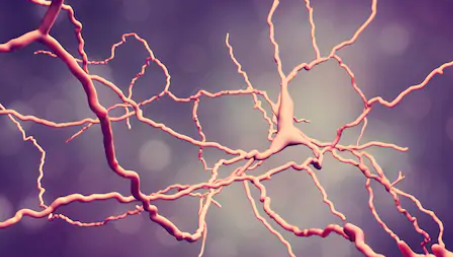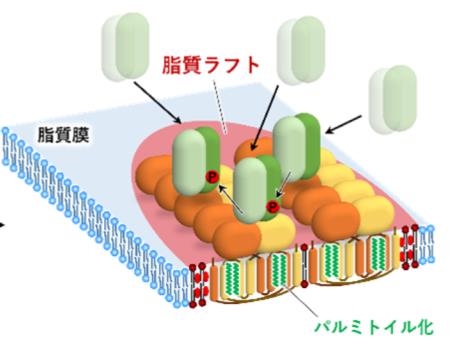When pathogens invade the body, the innate immune system will play a role in resisting the invading pathogens. The innate immune system is the first line of defense. It can accurately detect viruses or bacteria, and then activate proteins to fight against pathogens. In order to better understand the working principle of the innate immune system in the body, researchers from research institutions such as the National Cancer Center Research…
STING
STING Is Involved in the Occurrence of Motor Neurological Diseases

In a recent study, researchers from the University of Melbourne revealed the mechanism of inflammation that slows the onset of motor neuron disease (MND), thereby providing hope for people suffering from this debilitating and incurable disease. They found that by blocking immune receptor STING, they can significantly prevent inflammation in cells of MND patients, paving the way for the development of new drugs for neurodegenerative diseases such as MND….
Inhibition of the STING Protein Pathway Can Prevent Patients from Developing Graft-versus-host Disease

In a new study, researchers found that inhibiting the STING protein pathway can protect some patients from graft versus host disease (GVHD), among which, GVHD is the most serious complication of bone marrow (stem cell) transplantation. The relevant research results were published in the journal Science Translational Medicine. The title of the paper is “STING differentially regulates experimental GVHD mediated by CD8 versus CD4 T cell subsets”. Dr. Levy…
